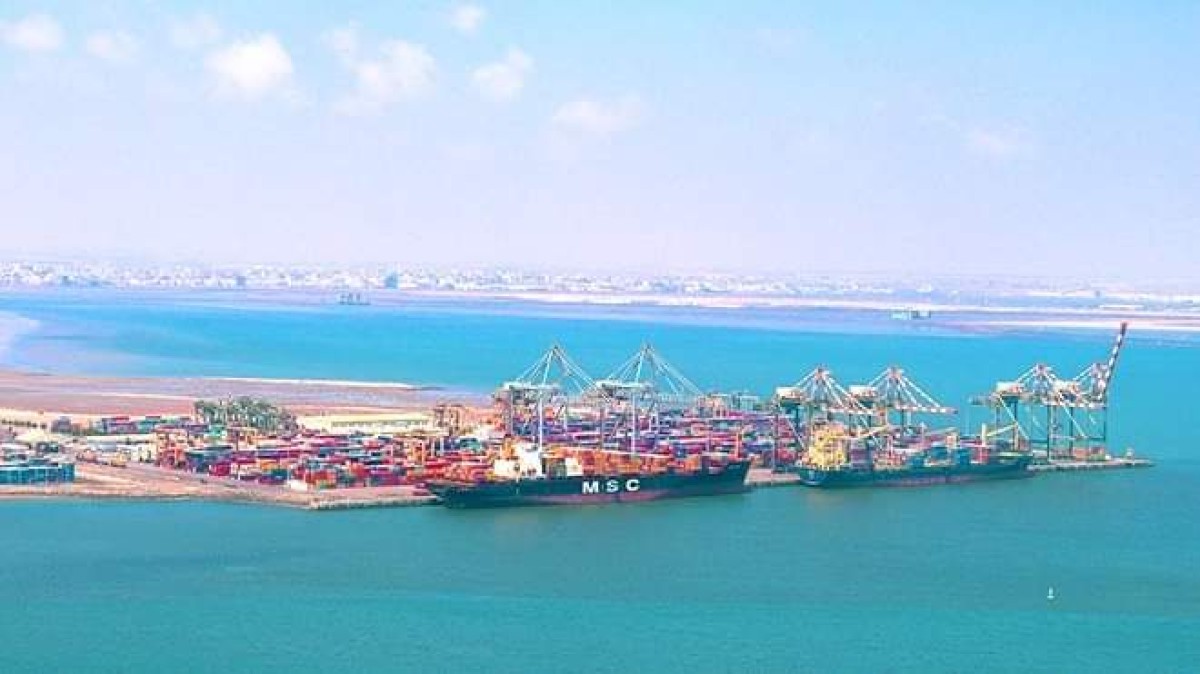The United Nations warns that increased tension in the Red Sea will lead to the closure of Yemeni ports


The United Nations warned on Thursday that the current escalation in the Red Sea would lead to food shortages in Yemeni markets, the disruption or closure of ports, disruptions in supplies and high prices, depriving fishermen of their livelihoods, in addition to complications in delivering aid and exacerbating the humanitarian crisis in Yemen. .
This was stated in a situation report for February 2024 issued by the United Nations Food and Agriculture Organization (FAO).
The report said, “Although the escalation began in November, analysis until January 2024 shows that there is an increase in imports of fuel, wheat, and other foodstuffs. Since Yemen relies heavily on imports to meet its food needs, as Yemen is imported About 90 percent of staple grains, we expect the current crisis to disrupt or impede the movement of goods, leading to food shortages in the markets - at least - in the short term (from March/April).”
He added: “In line with the stability of global food and fuel prices, the corresponding prices in Yemen stabilized in January 2024 compared to December 2023, but this situation is unlikely to continue in the foreseeable future. If the crisis continues, this will lead to an acceleration of costs.” Shipping is already increasing, which could lead to further delays in delivery, or even to the complete suspension of trade routes and the closure of Yemeni ports, and this disruption could lead to scarcity of food supplies and subsequent rise in prices.”
He continued: “Increasing military activities in the Red Sea carries the risk of destroying critical infrastructure, including ports and storage facilities. This could hamper the efficient distribution and storage of food in Yemen, further exacerbating food insecurity, and disrupting livelihoods and other means.” "Including fishermen may be forced to abandon their activities due to increased insecurity at sea and at landing sites. This will not only negatively affect their income, but will also affect the availability of fish in the markets."
The report explained that “the worsening crisis in the Red Sea may exacerbate economic instability in Yemen. Remittances may decline, inflation may rise, and the value of the national currency may decline, making food and other basic goods less unaffordable for Yemenis.” Ordinary people."
The organization stressed in its report that “the escalation of the crisis in the Red Sea is likely to exacerbate the food insecurity situation in Yemen in 2024, which will exacerbate the already existing humanitarian crisis.”
She stressed the need to make immediate efforts to calm tensions and facilitate the continued flow of commercial and humanitarian food supplies to mitigate the expected negative impact on the Yemenis.
Since last November, the Iranian-backed Houthi militia has been launching attacks with drones and missiles on cargo ships while sailing in the Red Sea and Bab al-Mandab off the coast of Yemen as part of Iran’s plan to militarize the Red Sea.